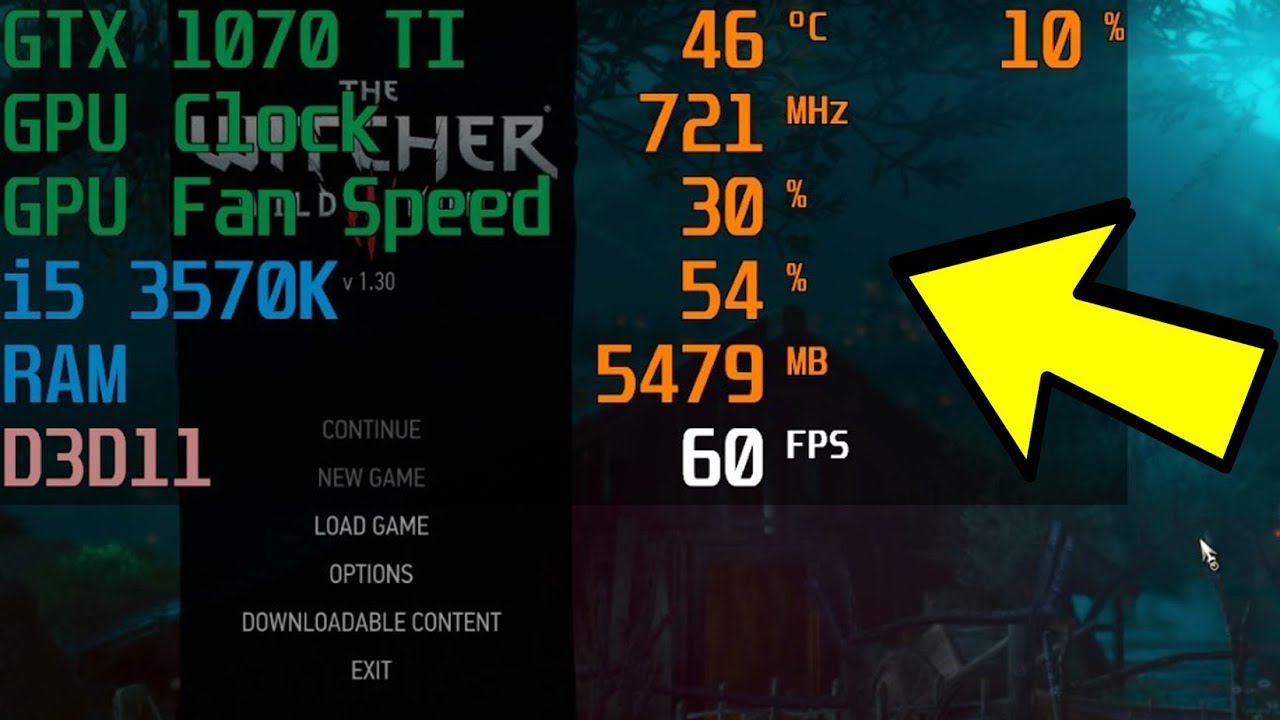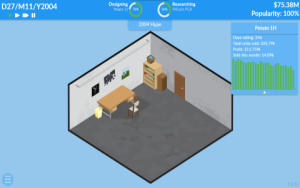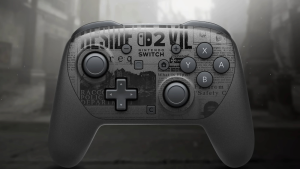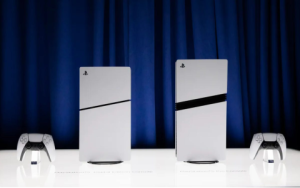game hardware monitor
Game Hardware Monitor: Keep an Eye on Your PC While Gaming
You know, it’s been a long time since folks started playin’ them fancy games on computers. Back in the day, a game was just something you played on a piece of paper or maybe a board. But now, things have changed, and we got all sorts of games runnin’ on them fancy machines called PCs. But just playin’ the game ain’t enough. Sometimes, you gotta keep track of how your computer’s doin’ while you’re busy tryin’ to beat that level or hunt that monster. That’s where a game hardware monitor comes in handy.
Now, this “game hardware monitor” thing ain’t as complicated as it sounds. It’s just somethin’ that helps you keep an eye on how well your PC’s doin’ while you’re in the middle of a game. Y’know, like when you’re bakin’ bread and you gotta keep checking if the dough’s risin’ just right. A monitor tells you if everything’s runnin’ smooth, or if you need to make a change before things go bad.
What Does a Game Hardware Monitor Do?
First off, this thing tracks all kinds of things inside your computer. Like how much your CPU is workin’ or how hot your system’s gettin’. It’s kinda like checkin’ on the health of your farm animals. If the cow’s too hot, you know somethin’s wrong, and you better fix it before it’s too late.
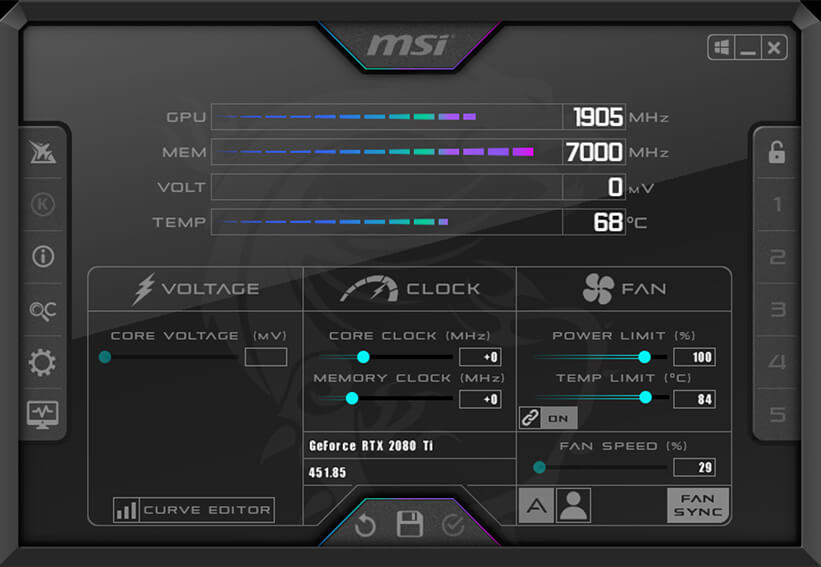
The monitor shows things like:
- CPU Usage: That’s how hard your processor is workin’. If it’s workin’ too hard, your game might slow down or even crash.
- GPU Usage: This tracks how much your graphics card is workin’. If it’s strugglin’, the game might look blurry or have a choppy frame rate.
- Temperature: You don’t want your computer to get too hot. If it does, it might shut down on ya or cause damage, just like a hot day in the middle of summer will tire you out.
- RAM Usage: This tells you how much memory your computer’s usin’. If there’s too much stuff in memory, your game can slow down or freeze.
How Can You Use It While Gaming?
Now, you might be thinkin’, “Okay, sounds good, but how do I use this thing?” Well, it’s pretty simple, really. You don’t need to be a tech whiz to check on things. There’s software like FPS Monitor or MSI Afterburner that can show you these numbers while you’re playin’. And, best part is, you don’t gotta stop the game to look at it.
For example, the FPS Monitor overlays all the important info right on top of your game. It’ll show you if your PC’s keepin’ up with the game or if it’s laggin’ behind. No need to leave your game or check the desktop. Everything’s right there in front of you!
Another way to check is through the Windows Game Bar. You press Windows key + G, and you get a little widget poppin’ up that shows you how much juice your PC’s usin’ while you’re playin’. It’ll show you your CPU usage, temperature, and even your GPU’s work load. It’s like having a little helper in the background, keepin’ tabs on your machine so you can just focus on your game.
What Happens if Things Go Wrong?
If you see that your computer’s workin’ too hard or heatin’ up too much, it’s time to make a change. You might wanna close some other programs that are suckin’ up memory, or maybe you need to turn down the settings in your game. Sometimes, it’s just a matter of makin’ sure your computer’s clean and not clogged up with dust, just like how you gotta clean your chicken coop now and then.
If the temperature’s too high, you might wanna get a better fan or make sure the air’s circulatin’ properly around the machine. That way, your computer won’t overheat and cause you trouble when you’re in the middle of a big fight or level-up. You don’t want the game to freeze when you’re about to win!
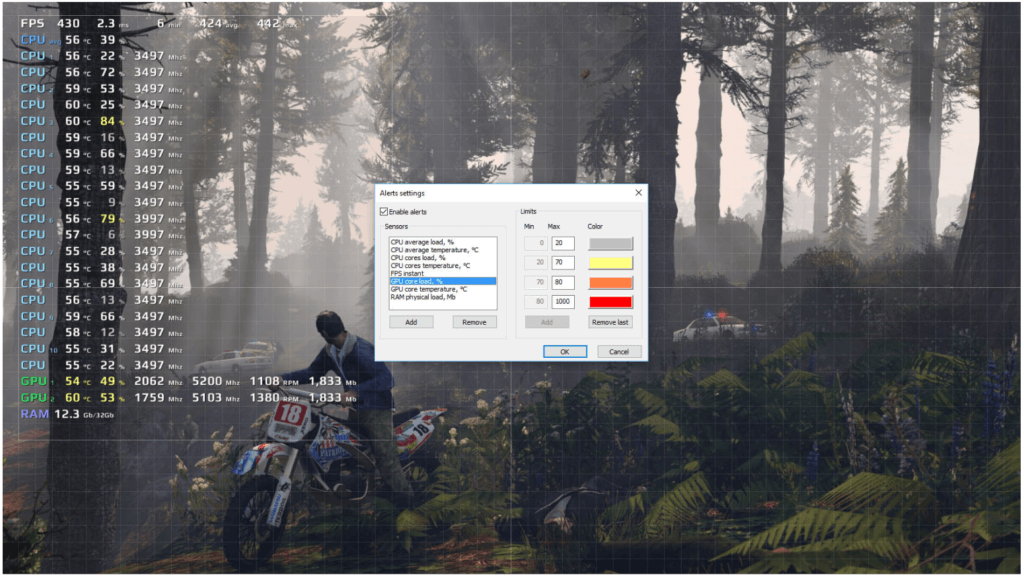
Do All Games Have Hardware Monitors Built-In?
Well, some games do! A lot of online games, like them first-person shooters, will have their own frame rate monitor right in the settings. That means you don’t need to download any extra software to check on things. Just open up the game’s settings, and you’ll see the frames-per-second (FPS) rate, so you know if your game’s runnin’ smoothly. It’s kinda like checkin’ your gas gauge when you’re drivin’ a car—just a little reminder of how things are goin’.
Why Should You Care About All This?
Well, if you want your games to run smooth and not freeze up on you, it’s a good idea to keep track of your hardware. If you don’t, your PC might start slowin’ down, or worse, it could crash on you right in the middle of a game! Nobody wants that, right?
Also, if you’re a serious gamer or you like to overclock your GPU, using a hardware monitor helps you make sure your PC’s not bein’ pushed too hard. Overclocking can give you better performance, but you gotta keep an eye on things to make sure your system doesn’t overheat or get damaged. It’s like pushin’ a tractor to go faster—you gotta make sure the engine don’t blow up!
Conclusion: Keeping Your PC Healthy While Gaming
So, there you have it! A game hardware monitor is a simple tool that helps you keep your computer in tip-top shape while you’re busy playin’. It tracks everything from CPU usage to temperature and makes sure your game runs smooth. Whether you’re using FPS Monitor or just the Game Bar, it’s good to know what’s goin’ on inside your machine. It’s just like takin’ care of your tools—you want ’em to last, so you gotta keep ’em in good shape!
Tags:[Game Hardware Monitor, FPS Monitor, CPU Usage, MSI Afterburner, Performance Widget, GPU Usage, RAM Monitoring, Gaming Tips, PC Health, Frame Rate Monitoring]
